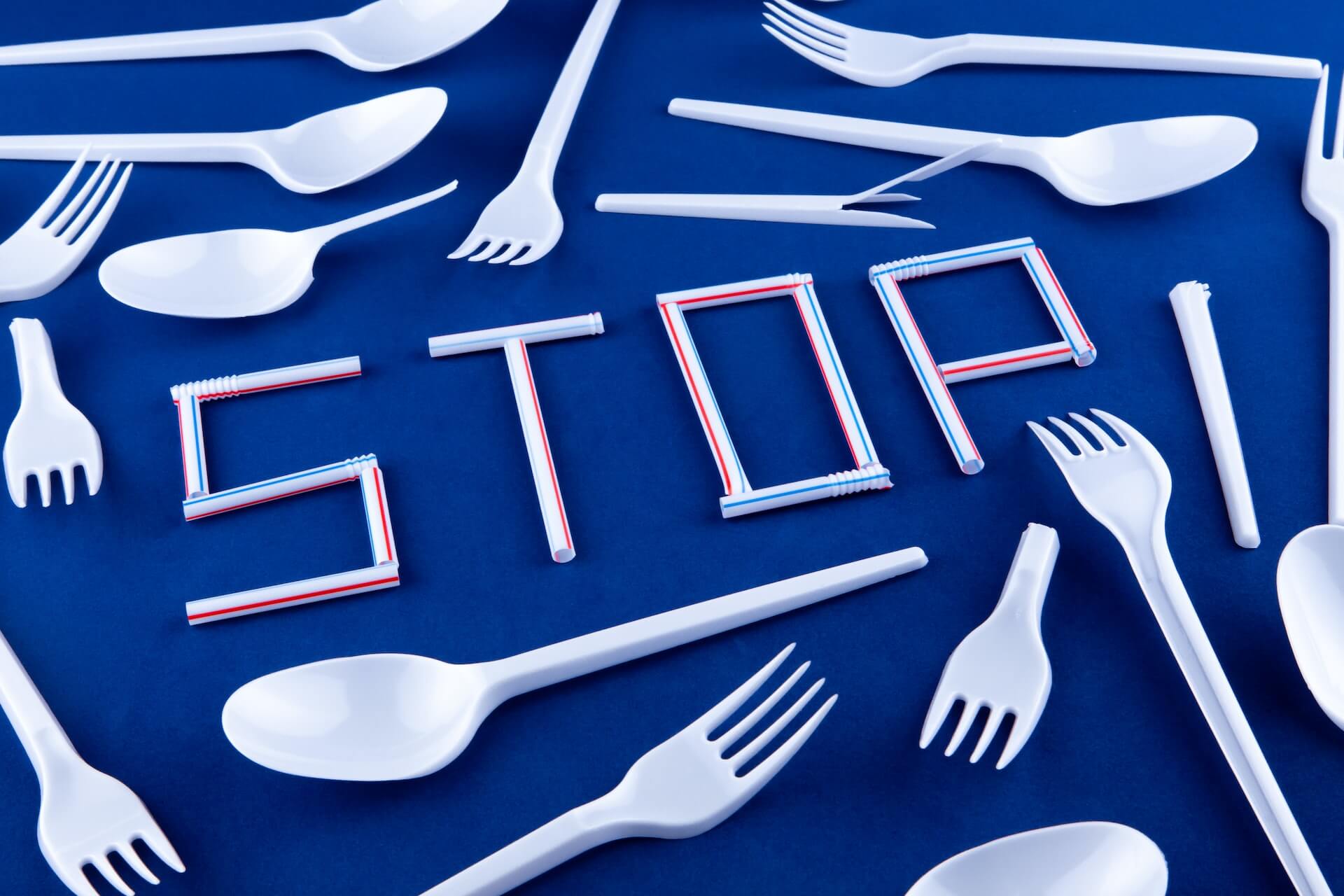FAST Act Dealt Knockdown Blow
by David Klemt

A bill we think is one to watch, California’s Fast Food Accountability and Standards Recovery Act, may be on the ropes already.
Assembly Bill 257, known as the FAST Act, is “on hold” until 2024. So, while the Save Local Restaurants coalition and voters have yet to kill the bill, it may be out on its feet.
We reported two months ago that fast food chains were moving quickly to kill the FAST Act. It appears that the initial attack on AB-257 was successful.
That is, the chains and coalition got what they want: the ballot initiative vote has knocked down AB-257.
For those unfamiliar with the Save Local Restaurants Coalition, the following organizations are members: The National Restaurant Association (NRA), US Chamber of Commerce (USCC), and International Franchise Association (IFA). Further, fast-casual and QSR chain coalition members—including Starbucks, In N Out, McDonald’s, and Chipotle—threw nearly $13 million at the ballot measure that halted FAST.
What’s FAST?
To read AB-257, the FAST Act, in its entirety, click here.
In summary, FAST:
FAST does the following:
- establishes the Fast Food Council, ten members appointed by the Governor, the Speaker of the Assembly, and the Senate Rules Committee. The council will operate until January 1, 2029;
- defines “the characteristics of a fast food restaurant“;
- gives the Fast Food Council the authority to set “minimum fast food restaurant employment standards, including standards on wages, working conditions, and training“;
- provides the council the power to “issue, amend, and repeal any other rules and regulations, as necessary”; and
- allows the formation of a Local Fast Food Council by a county, or a city that has a population of more than 200,000.
Voters effectively stopped California from implementing FAST until November 2024 at the earliest. (That is, if the California Secretary of State verifies that the referendum effort did indeed secure the required amount of signatures.)
Opposition
A statement from Save Local Restaurants reads, in part:
The quick-service restaurants targeted by the law – which include coffee shops, juice bars, pizzerias, delis, and salad shops – already operate on small, single-digit profit margins. These include more than 10,000 small businesses, including thousands of women- and minority-owned businesses.
If these restaurants are forced to absorb the costs, the result will be bad for workers and local communities. To survive, many restaurant owners will have no choice but to reduce worker hours or introduce automation. Some may choose to leave their communities entirely or go out of business.
As is often the case with overreaching California policies, this is likely only the beginning.
Additionally, the National Restaurant Association, a member of the coalition, has said the following:
The impacts of the FAST Act won’t be limited to quick service restaurants in California. The law allows the new regulating council to set a higher minimum wage for quick service restaurants. Independent restaurants will, however, be forced to increase their pay to match, so they can remain competitive when recruiting and retaining workforce.
Takeaway
We believe this bill is one to watch because similar efforts could spring up in other states. Also, just because the bill is on hold until 2024 in California doesn’t mean other states aren’t working on similar legislation right now.
Now, there are obviously two sides to consider. Opponents, as we see above, say FAST will raise prices, eliminate jobs, and hurt families.
Proponents believe FAST will protect the health, safety, and welfare of fast-food workers. Additionally, the Fast Food Council could increase the minimum wage for fast food workers above California’s $15.50 minimum (effective January 1, 2023).
We’ll keep an eye on FAST over the next couple of years. Perhaps the coalition can work with California on a bill that protects fast food workers and doesn’t hurt operators and the communities they serve.
At any rate, FAST is down but certainly not yet out.
Image: Johann Walter Bantz on Unsplash


